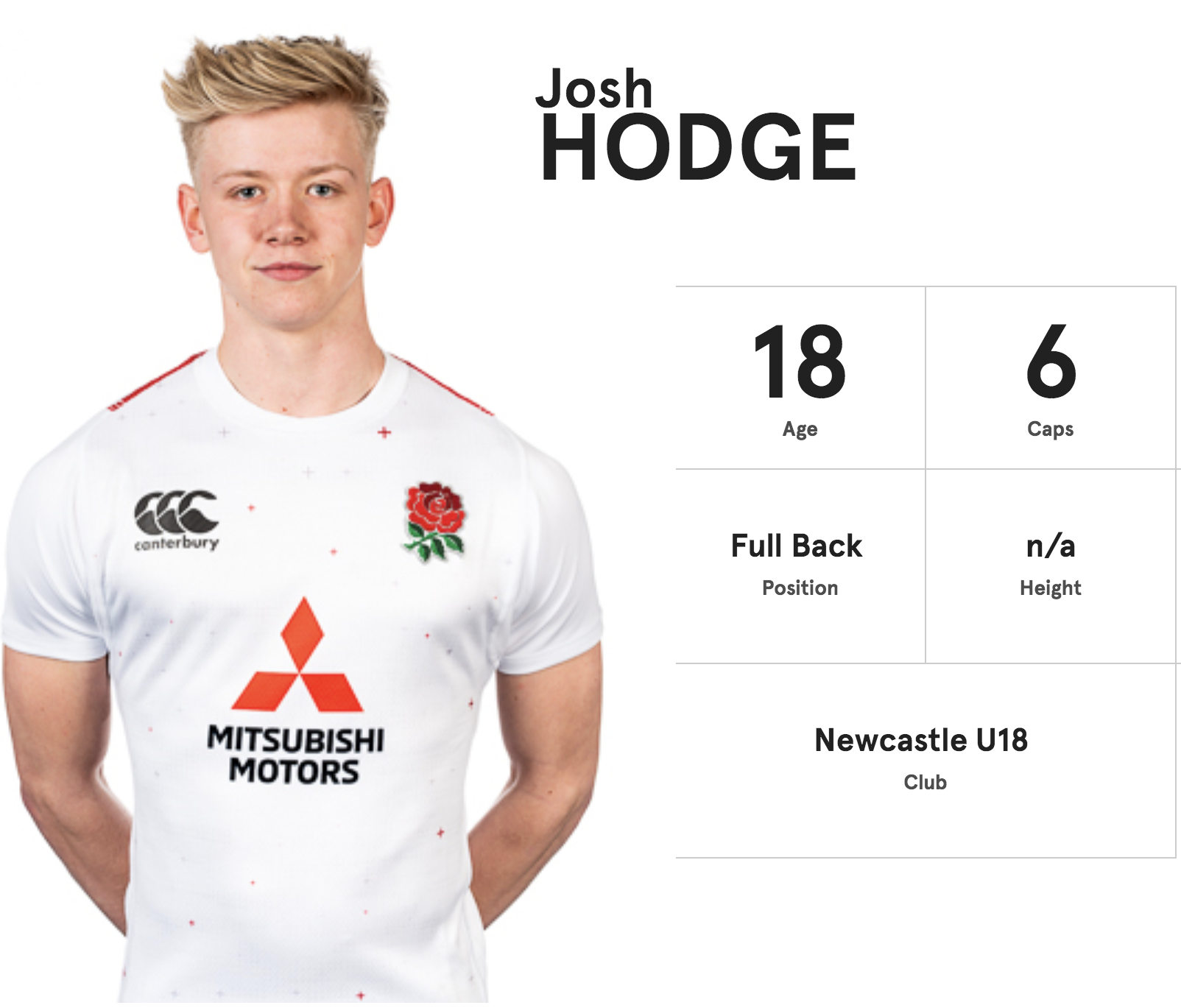Rugby Union
Rugby is probably a sport most of you will have heard of and some of you will have played. It’s a sport girls and boys can play and there are clubs across the country with strong junior team programmes.
If you go on the RFU website www.rfu.com and click on ‘My Rugby’ then ‘Players’ there is a ‘Find a local club’ section so search away and give it a go. In this section it also gives you a link to ‘Rugby basics’ which is a beginner’s guide to rugby. Here is a great video that explains the rules so you can enjoy watching and playing more.
With thanks to England Rugby for the use of this video.
If you’re Under 7 or Under 8 you will play tag rugby. This is non contact and the aim of the game is to score tries like in grown up rugby but to tackle you pull off the tags from the opposing team’s belt and stop them in their tracks so they have to pass.
Once you reach the under 9’s and above contact rugby starts. This can seem frightening and puts some people off but as long as you listen to your coaches at school or at a club on how to tackle safely and how to fall then it makes the game much safer. My eldest son went to a Leicester Tigers camp (that’s the professional club closest to where we live) in the summer before he started contact rugby and they spent ages learning to fall correctly on soft mats which built up his confidence. Lots of professional clubs do summer camps and you can meet the players and go a to match once the season starts. In year 6 you start kicking and there is a scrum half and the game starts taking shape.
Why am I talking about rugby in June? Well, this month the men’s World Rugby Under 20 Championship is taking place in Argentina.
Looks like the team needs to watch this amazing video of Jonny Wilkinson (ex England legend) and his incredible kicking skills.
With thanks to Fineside for the use of this video.
This competition is a big deal for players who want to continue with a professional rugby career as so many past Under 20 players from this competition have gone on the play professionally at international level. In fact, the Rugby World Cup this September in Japan will have several teams captained by past Under 20 competition graduates like Australia with Michael Hooper and England in Owen Farrell.
The competition starts on 4th June with all our home nation teams playing that day-
South Africa v Scotland at 2.30pm our time,
Argentina v Wales at 5pm and
England v Ireland at 7.30 pm.
Group games are live on World Rugby platforms with highlights on ITV 4 and knockout fixtures are
live on ITV 4.
Here is a brief run down of the competition rules so you can be the expert in your house.
Winning teams will get 4 points and if the teams draw they are given 2 points. Teams can earn an extra point per game if they have scored 4 or more tries or have lost by 7 or fewer points. They won’t play extra time if there’s a draw until the final. If the final is a draw then there will be extra time/sudden death.....da da daaaaah! That means the first team to score in the extra time given is the winner. If it’s still a draw then it goes to a kicking competition. This is like a football penalty shoot out...with a rugby ball and posts.
Interview
Sedbergh School and Newcastle Falcons academy product Josh Hodge has been playing rugby since he was nine but it’s far from his only sporting talent.
The full back, who has been with the Falcons since October 2016, is also a talented decathlete and finished fifth in the U19s at the national championships in 2017.
As well as participating in ten athletic events, Josh was also asked to train with the Great Britain U21 Development squad in double trap clay pigeon shooting at the age of just 15.
Josh, who was born in Lancaster, started playing rugby at Sedbergh Junior School and went on to win numerous tournaments and trophies at the school.
In 2017, the first XV won the Daily Mail Trophy and Josh was Player of the Tournament at the Sedbergh Super 10s – one of his proudest rugby achievements to date.
Having played for England U18s at the Six Nations festival, he scored on his U20 debut against Ireland in the Six Nations, also crossing against the Junior Springboks in April.
Growing up, Josh’s rugby hero was World Cup winning fly half Jonny Wilkinson though he also admires New Zealand full back/fly half Damian McKenzie.
The Land of the Long White Cloud is Josh’s favourite holiday destination while the Manchester United fan enjoys the music of Macklemore and FIFA is his pick of computer games.
We spoke to England Under 20 player Josh Hodge about how he got started with playing rugby.
Hi Josh congratulations for making the England Under 20 team.
Thank you.
When do you fly out to Argentina?
The team gather on the morning of the 30th may for a training session to then fly out to Argentina later that night.
Will you get to do any sightseeing or is it non stop rugby?
It’s my first visit to Argentina. I took Spanish for a GCSE so I see this as an opportunity for me to put my learning into practice. I’m not sure how much free time we get out in Argentina but I’m sure the England staff and world rugby will have a few activities for us as a team to do.
So according to your blog you’re 18 and play for Newcastle? Do you go to university as well or is rugby your full time job?
I am studying sports coaching at Northumbria. I would tell anyone starting out in sports to definitely keep going with your studies. Every sport puts a strain on your body in some degree and injuries can occur whenever so I feel having studies on the side of your sport can act as a back up if an injury was to happen.
You first started playing rugby aged 9. Was that at school or did you join a club too at that age?
Started playing rugby at Sedbergh school and stayed there from the age of 9-18. I didn’t join a club until I was 13 but clubs are great for making friends and socialising and developing skills.
Do you think it’s important to play for a club at junior level or do you think you can wait until you are older?
As long as you’re playing some kind of sport at school or for a club it’s always beneficial and it’s also important for your mental health.
Does sport run in your family?
My Dad used to play rugby and Mum played tennis at the Youth Games. My parents always gave me lots of opportunities. I played football first and played for Preston North End football academy aged 9. I couldn’t keep the football academy training going though once I started at Sedbergh as the timings clashed with other school sports.
Which other sports did you play at school?
As well as rugby, mainly football, cricket, cross country and athletics.
We have an article on pentathlon in the magazine and I see you were a decathlete. How did you get involved in that as a sport?
I did decathlon in my lower sixth. I had always done athletics at school then a new athletics coach came to Sedbergh called Chris Wakeford, he took me under his wing and we went all over country competing. Javelin was what I had focussed on originally in athletics but because I had always been sporty the other events like sprinting came naturally and I ended up 5th in the decathlon in country at age 17 in the under 19 age group.
You are also amazing it seems at clay pigeon shooting. Did you always want to be a rugby player or did it just happen?
I wanted to be involved in every sport but then it just happened. I got into Newcastle Falcons academy in my lower sixth (year 12) so that was quite late compared to other people and it developed from there.
If you weren’t a rugby player what job would you want to do?
Definitely something in sport. A coach of some sort to give back to the game all the skills I’ve learnt.
If you didn’t play at full back (number 15) what would be your second choice?
At the end of the day I’m not too bothered in what position I play. I just want to be playing so I’ll be happy on the pitch where ever I get put
What particular skills do you need to play full back?
Working my way through the academy we always tried to develop my triple threat – being able to run, kick or pass making. Aerial skills are important as you are put under a lot of pressure to retain high balls. Basic Ball player skills are key.
What kind of foods are good for aspiring rugby players?
As rugby players we tend to eat as much as possible. But eating the correct food helps. Having a balanced diet of the 7 food groups is key as it will develop your body in the correct and healthy way. Eating lots of protein and carbohydrates is key.
Which is your favourite stadium to play in so far?
Newcastle as I train there every day, it’s my home ground where I wish to run out there one day in the premiership.
Do you listen to any particular music before a big game?
Not really, I listen to whatever’s on the play list. I’m quite relaxed and chilled out before a game so I don’t need any special music to get me into the zone.
What advice would you give our readers about getting involved in sports?
Leave all your options open until a sport starts to get to senior/serious levels. It’s important to keep fit. You learn lots of skills from playing different sports so for rugby I have used kicking skills I learnt playing football as well as running skills from athletics and endurance from cross country.
What do you enjoy doing when you’re not playing rugby?
Relax, see friends and be outside whether it’s with the dogs playing Frisbee or on a walk.
Which other sports do you enjoy watching?
Athletics, NFL, football.
Who is your favourite Man Utd player (past or present)?
David Beckham
Finally who is going to win the World Rugby Championship?!
England!




















